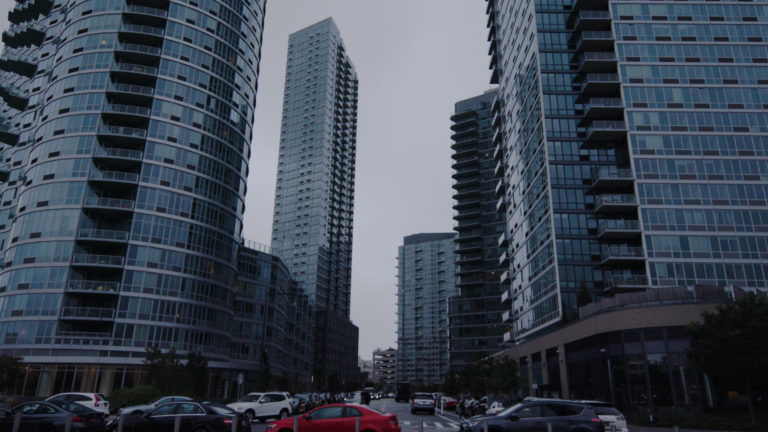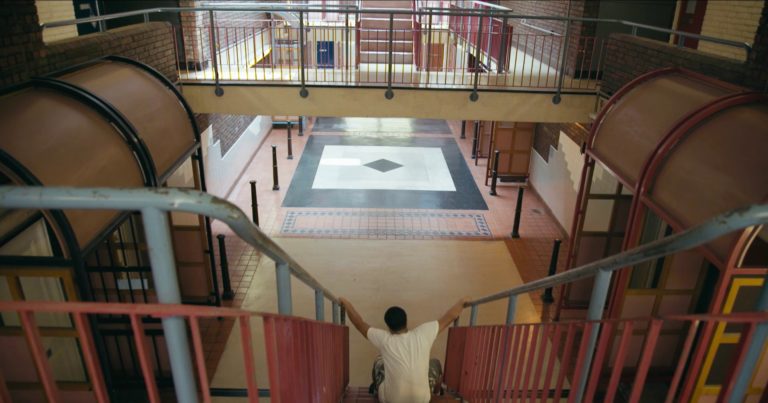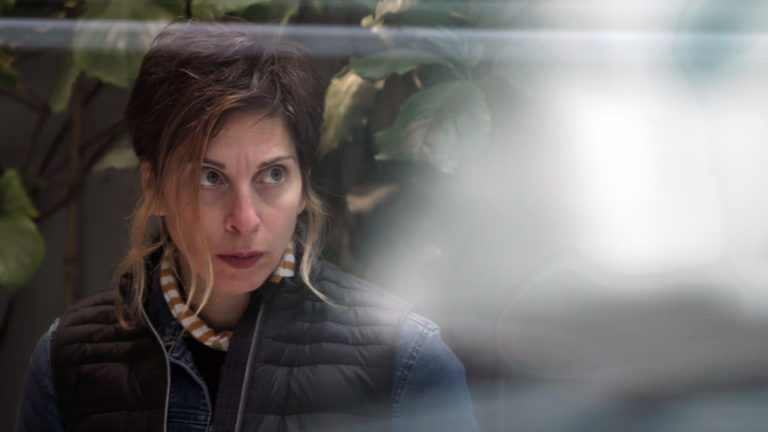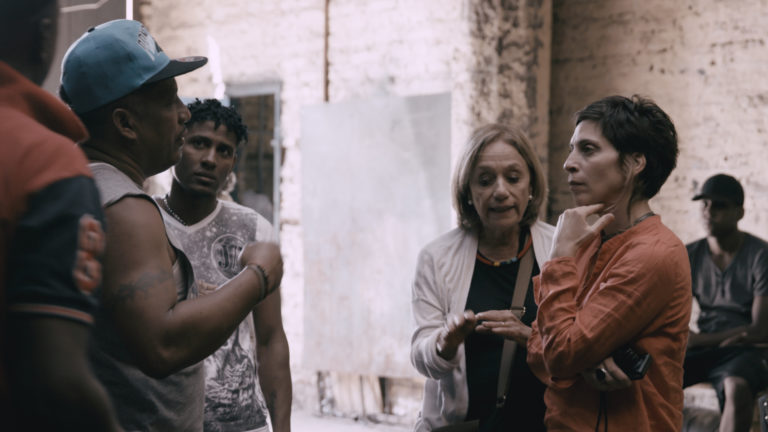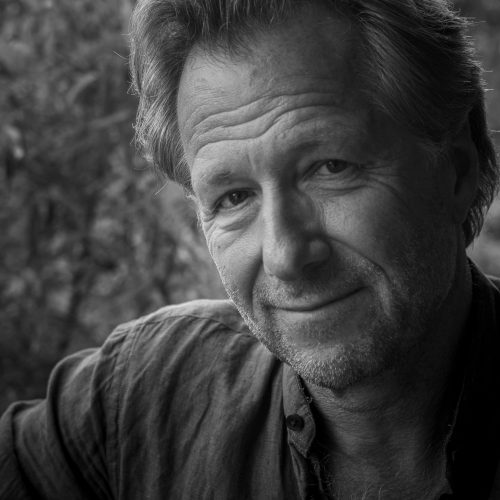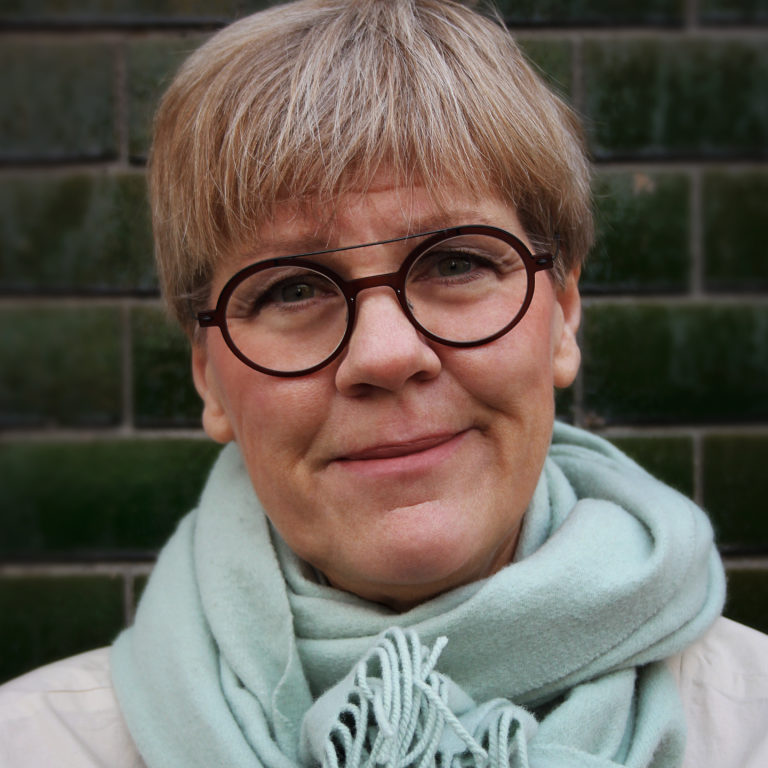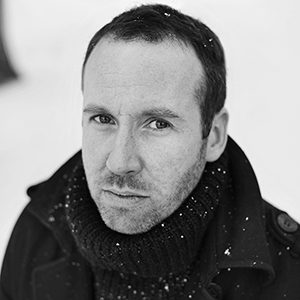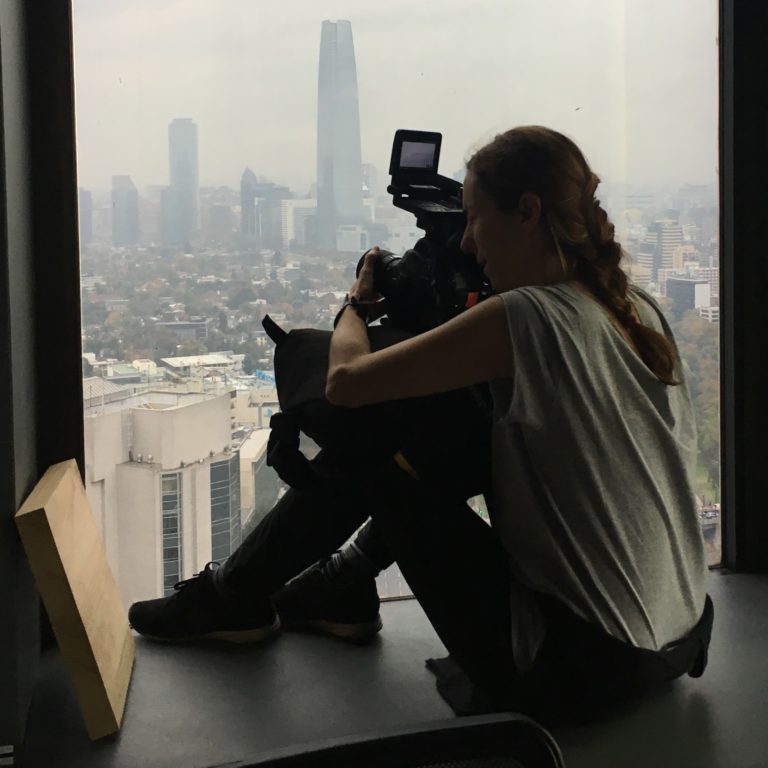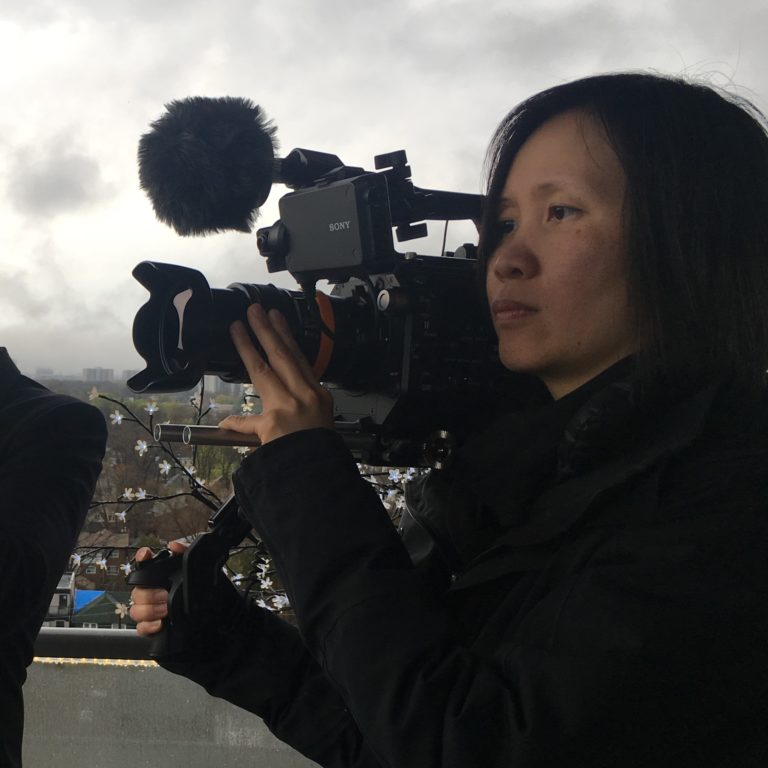MAIN CHARACTERS
Leilani Farha
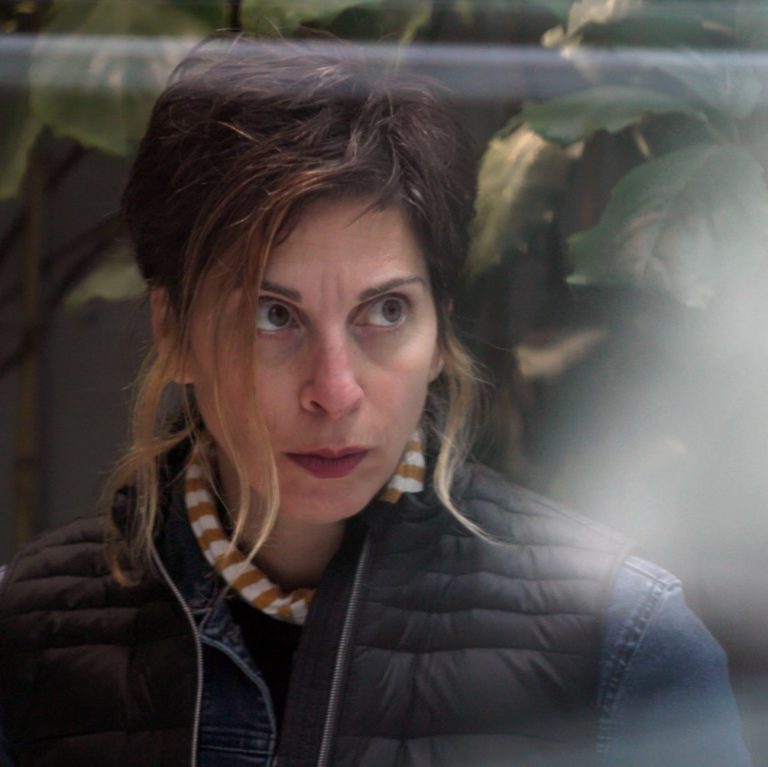
With a background in advocacy for the homeless, Leilani has for the past three years been the UN Special Rapporteur on Adequate Housing, with the right to hold governments accountable if they don’t meet the human rights obligations in the UN Human Rights Charter. She believes that if we really want to make change to ensure people can live in the city, then we have to be able to hold someone responsible for what is going on.
Saskia Sassen
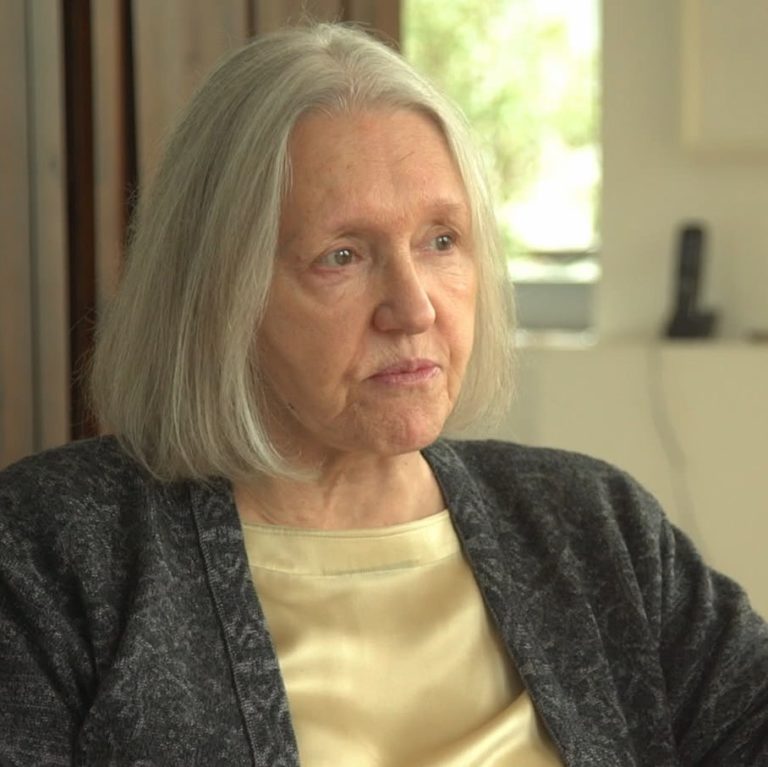
Saskia Sassen, Professor of Sociology at Columbia University, has studied the impacts of globalization for 40 years and coined the term “global cities”.
Sassen helps us to understand why an empty apartment is sometimes a better asset than its use as a home. She describes the investments in housing as high-end land grabs.
Joseph Stiglitz
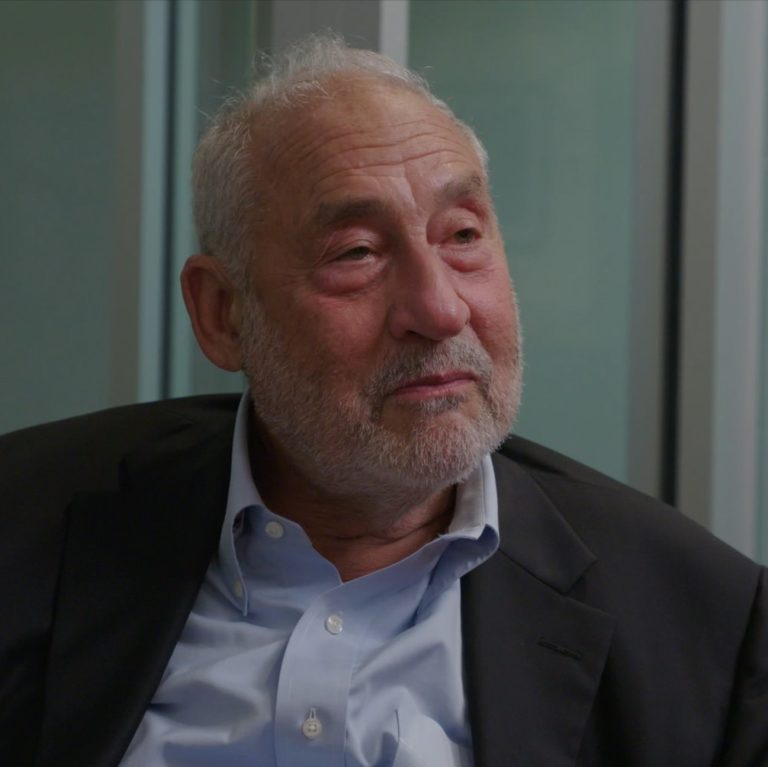
Joseph Stiglitz, Nobel Laureate in Economy, explains how the private equity firms managed to grow throughout every crisis in the financial system, ending up becoming the biggest landlords in the world. Stiglitz also explains the big shift in history when the deregulation of the financial markets opened the floodgates for investors.
Roberto Saviano
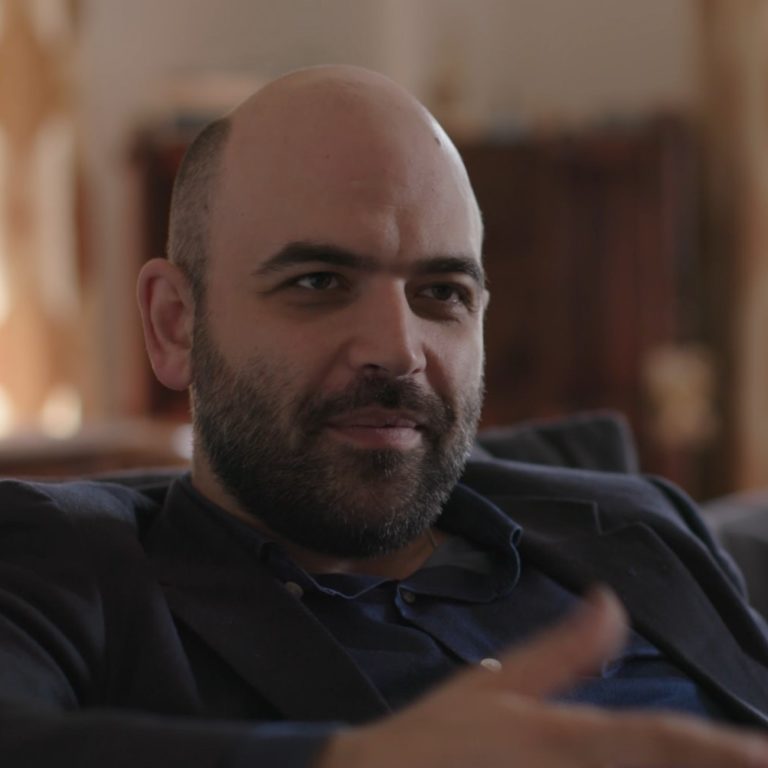
Roberto Saviano, Italian journalist and author of Gomorra, was forced into hiding after exposing the business side of organized crime. “Tax havens are where criminal capitalism and legal capitalism meet and merge. Mafia organizations were the first to create and facilitate money-laundering mechanisms through tax havens.”


